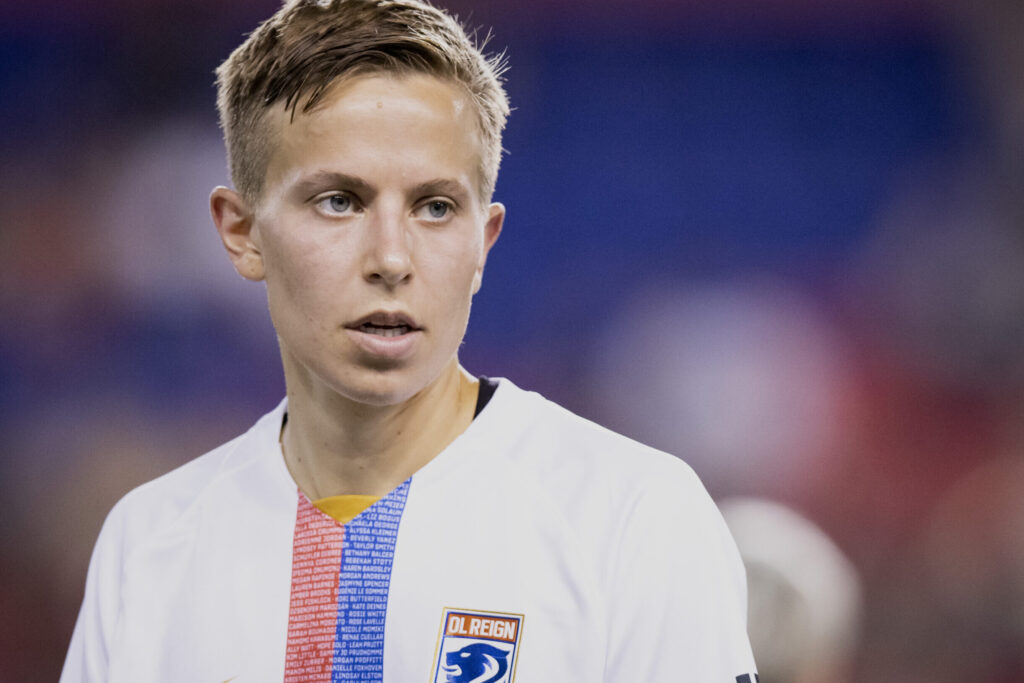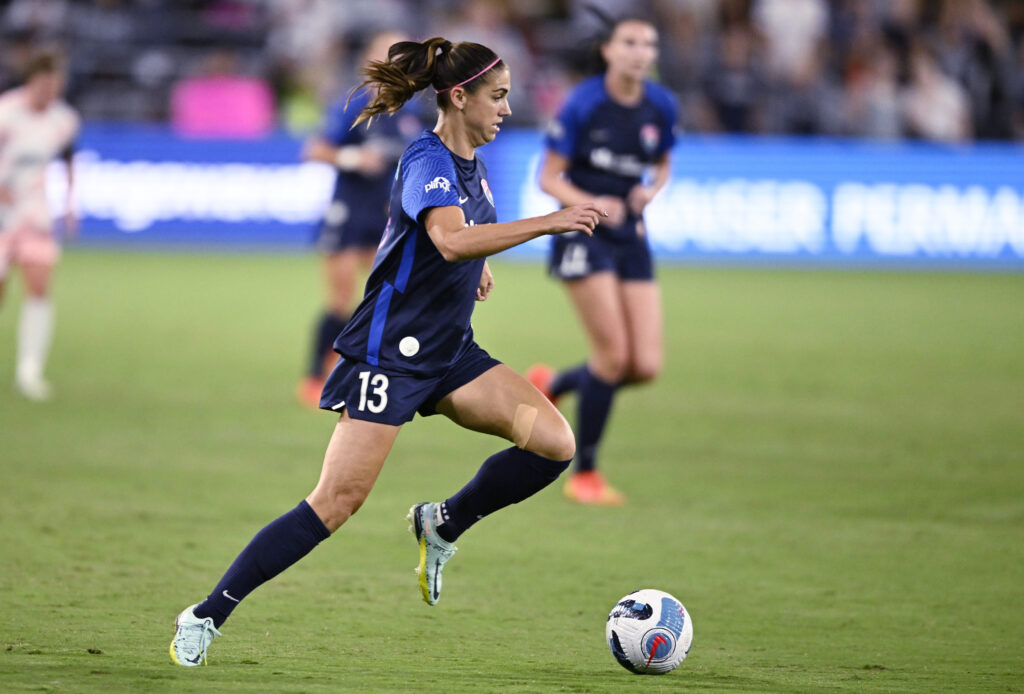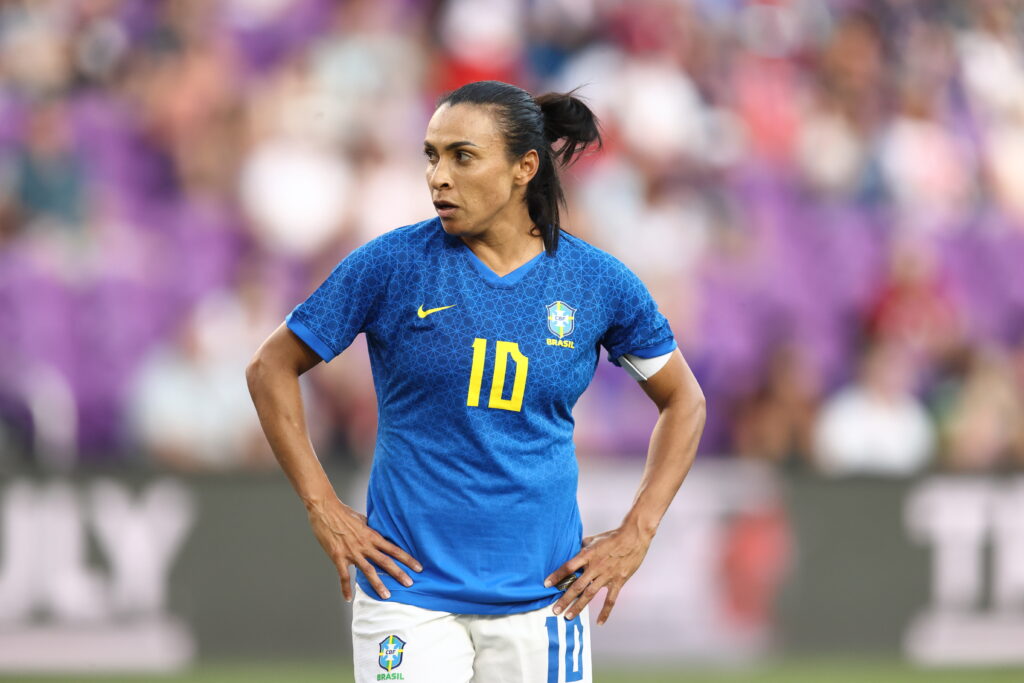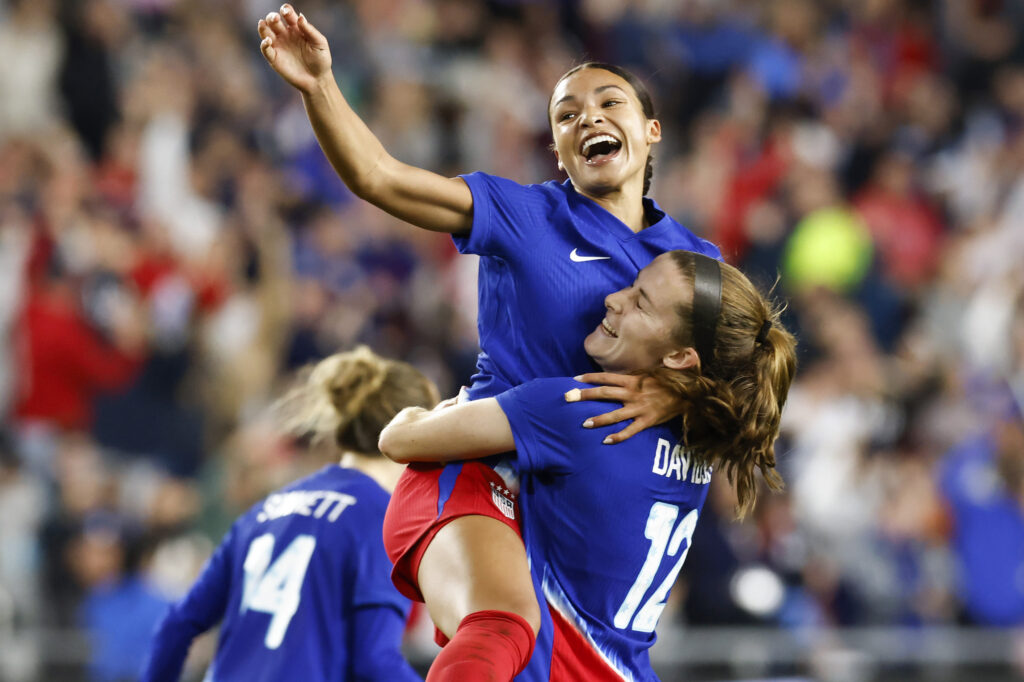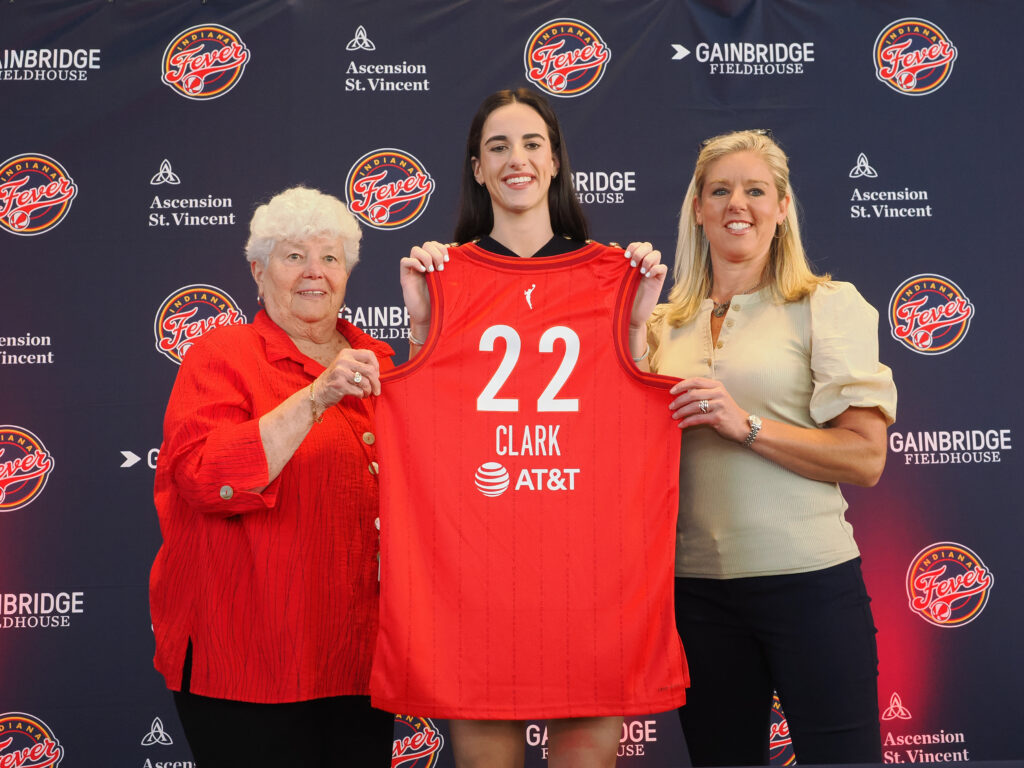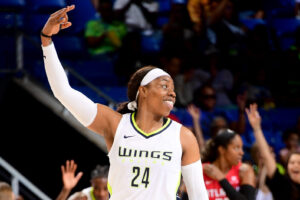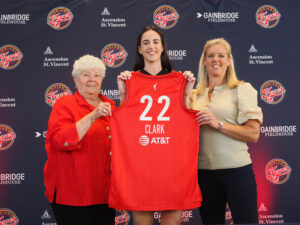Ahead of the OL Reign’s Pride match against the Kansas City Current on Saturday, Reign midfielder Quinn spoke out about the NWSL’s current policy on transgender athletes.
“Although I’m happy to see more teams in the NWSL lean into Pride, the lack of conversation surrounding the problematic transgender inclusion policy shocks me,” Quinn wrote as part of a series of tweets Friday.
The NWSL’s policy on transgender athletes, which was published two years ago, was criticized from day one for relying on testosterone levels and for failing to include policies regarding nonbinary athletes. The NWSL also took heat for releasing the restrictive policy on Transgender Day of Visibility in 2021, something Quinn called out Friday as “disrespectful.”
Quinn, who in 2021 became the first openly trans and nonbinary athlete to win an Olympic medal, said they hope the league “can find space during their celebrations this month to understand and educate themselves on the limitations of their policy.”
Quinn’s comments come amid a continued onslaught of legislation targeting transgender individuals. Since the start of 2021, more than 20 U.S. states have passed legislation restricting or banning transgender athletes from playing sports at the K-12 or collegiate level. In recent months, gender-affirming health care has become the new target, with 20 states enacting bans or imposing significant restrictions on this type of medical care.
Of the 12 NWSL teams, four — the Houston Dash, Kansas City Current, Orlando Pride, and Racing Louisville — are located in states where lawmakers have banned trans girls and women from playing school sports.
At the same time, Washington state — where Quinn has played professionally for the OL Reign since 2019 — has enacted legal protections for trans youth. In May, OL Reign hosted a clinic for gender diverse youth and their families. In a tweet, the club said it was working “to make Washington the most inclusive place for youth to play soccer in the United States.”
Many individual NWSL players have used their platforms to advocate for trans rights. In April, 12 current NWSL players were among a group of athletes who wrote a letter to the U.S. House of Representatives urging lawmakers to oppose H.R. 734 — also known as the “Protection of Girls and Women in Sports Act” — and asking them to instead champion “causes women athletes have been fighting for decades, including equal pay, an end to abuse and mistreatment, uneven implementation of Title IX, and a lack of access and equity for girls of color and girls with disabilities, to name only a few.”
Yet while individual players and teams have spoken out about trans rights, the league as a whole has not addressed the topic head on. The NWSL’s 2023 Pride Campaign, unveiled Thursday, features “refreshed Pride imagery” that includes the five-striped white, pink and blue trans flag, but doesn’t directly address trans rights or its own policy on transgender athletes.
Although I’m happy to see more teams in the NWSL lean into Pride, the lack of conversation surrounding the problematic transgender inclusion policy shocks me. In 2021, the policy being announced on TDOV was disrespectful. I hope the organization can find
— Quinn (@TheQuinny5) June 10, 2023
